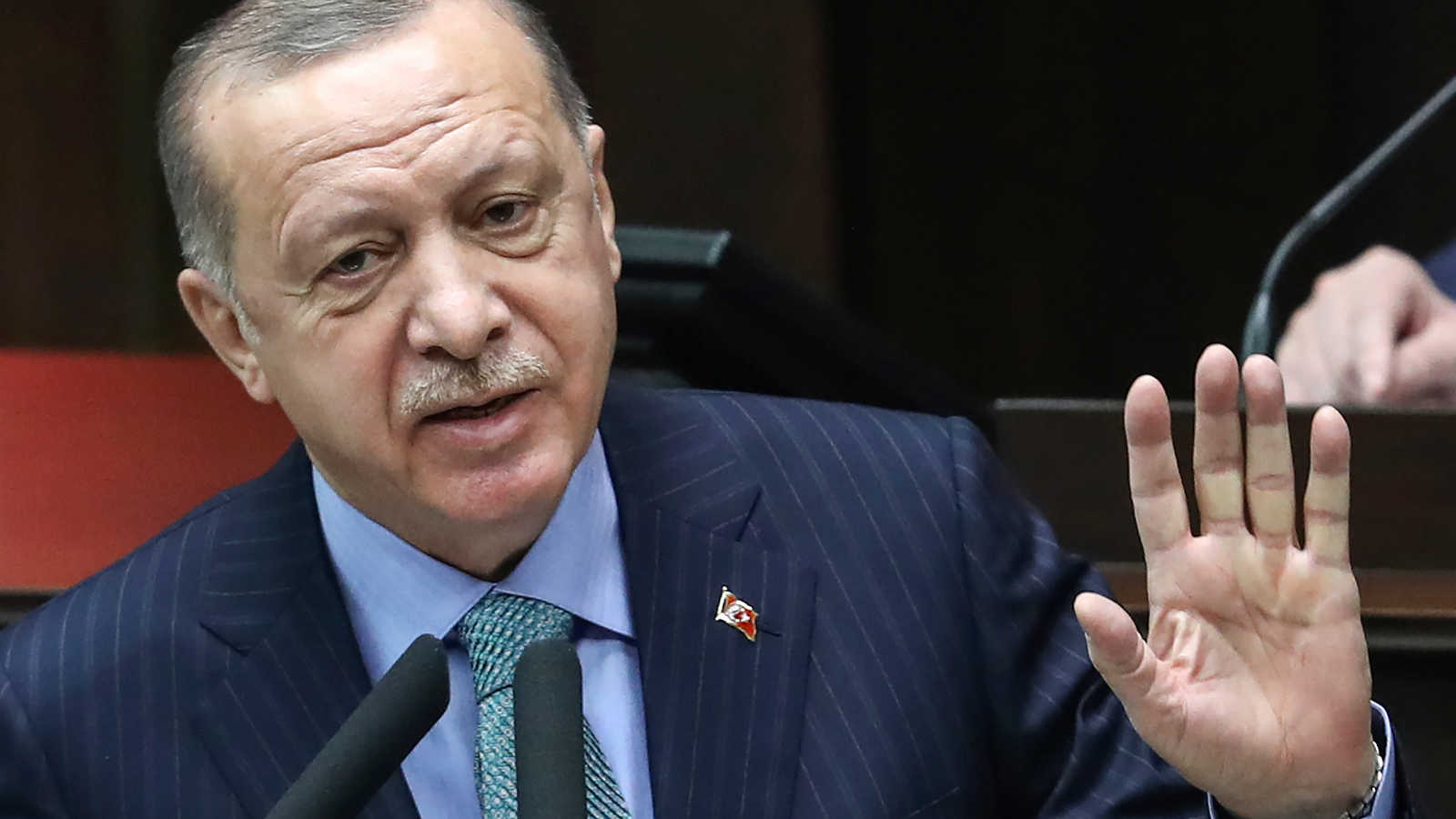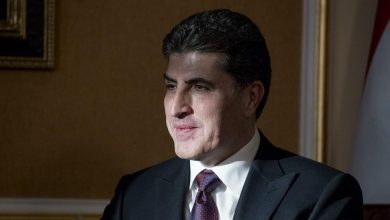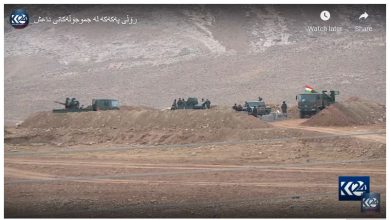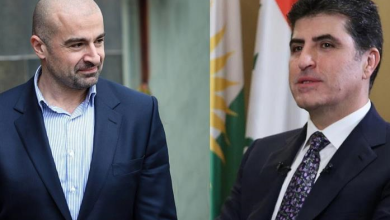Turkish president questions US-Turkey NATO alliance, while Iran expands influence in eastern Syria;
Erdogan (again) accuses US of acting with terrorists in Syria
What kind of alliance is this? Turkish President Recep Tayyip Erdogan has, for the second time this month, accused the United States of siding with terrorists in Syria. Reacting to a tweet by Col. Wayne Marotto, spokesman for Operation Inherent Resolve, the US-led mission against Islamic State in Iraq and Syria, Erdogan said on Feb. 22, “What kind of a NATO alliance is this? … They (the US) still act with terrorists.”
Marotto had simply tweeted that the US-led mission “hasn’t changed” and that the coalition “works, by, with & thru our partner force SDF (Syrian Democratic Forces) to defeat Daesh (Islamic State)” in Syria. Marotto’s tweet hardly seemed like news. But it was a trigger for Erdogan.
Background. Erdogan has vowed to expand military operations against Kurdistan Workers Party (PKK) militants in Iraq and Syria after the group reportedly ordered the execution of 13 Turkish hostages on Feb. 13; the PKK claims the hostages were killed in airstrikes by the Turkish military on its base in the mountains of the Kurdistan Region of Iraq, on the Turkish border. The PKK, founded in 1984, is considered a terrorist organization by the United States, Turkey and the European Union. While the allies agree on that, they differ on exactly who the PKK are. Turkey considers the Syrian Democratic Union Party (PYD) and its armed wing, the People’s Protection Units (YPG), extensions of the PKK. But the YPG makes up the core of the US-aligned SDF — and thus is the source of the increasingly sharp differences between Washington and Ankara.
Last week, on Feb. 15, Erdogan warned the United States that “if you want to continue our alliance globally and within NATO, then you must stop siding with terrorists,” as Amberin Zaman reports.
Does Erdogan have another side to choose, though? “One can no longer speak of a Turkish foreign policy as we knew it,” writes Metin Gurcan. Erdogan’s strategy of playing the United States and Russia off one another in crisis regions, especially in Syria, “has come to an end as a result of more assertive moves by the United States, Russia and Europe and, most critically, the change of guard in Washington. The Joe Biden administration and the Kremlin are both signaling that time has come for Erdogan to choose his side,” suggests Gurcan.
Our take. Last week Erdogan said, “We believe that our common interests with America outweigh our disagreements by far.” No doubt he wants better ties with the United States. There is some signaling on a workaround on Turkey’s purchase of the S-400 Russian missile defense system, opposed by the United States, but no signs yet of a breakthrough, as Diego Cupola reports. An understanding on Syria is even harder to fathom, given the deep split on the Kurds. Semih Idiz calls it a “dialogue of the deaf.” Indeed, the leverage the United States has in Syria, besides sanctions, is its relationship with the very Kurdish groups Erdogan sees as terrorists and equal to Islamic State. Gone is the easy connection Erdogan had with former US President Donald Trump, who was willing to shelve human rights — and the fate of the Kurds — in the interests of a deal with Turkey. The United States can continue to try to reconcile the PYD/YPG with those Kurdish groups backed by the Kurdistan Democratic Party of Iraq (KDP), with whom Erdogan has good relations. But don’t expect miracles on this front, as Amberin Zaman reports here. The endgame will require more assertive US diplomacy, starting at the UN Security Council, with some tough talk and trade-offs, with Russia and Turkey in Syria, as we wrote here last week.






